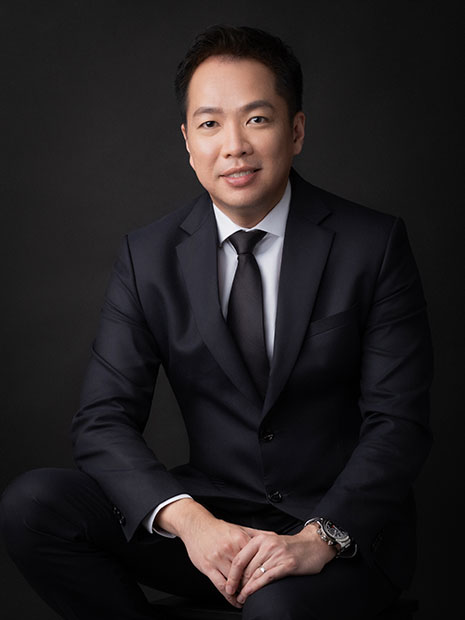Why You Should Still Hire a Lawyer Even if You’ve Pleaded Guilty
30.03.2023NOTE TO READERS: We are often asked, why does an accused person need legal advice if he is already going to plead guilty to an offence? This article is an illustration of the many issues that the Court considers during sentencing, and represents but a small fraction of the discussions that any accused person ought to have with the lawyers representing them.
In this article we will leverage the appeal of M Raveendran v Public Prosecutor.
A common trope in television courtroom dramas is one where a convicted thief or burglar cries out to the judge; “I realise my mistake, but have mercy! I have a wife and young children to support!”. Does an offender who has a family to support deserve lesser punishment?
Members of the team at JCP Law were confronted with similar questions of law in representing the accused person in the appeal of M Raveendran v Public Prosecutor. The main reason that the accused in Raveendran appealed against the sentence imposed against him, was because the imposition of any jail sentence against him meant that there would be a possibility that he would lose his entitlement to his pension. The argument flowing from that situation was that the accused, in losing his pension, would suffer from additional punishment to the jail and fine imposed. This would be contrary to the principle of equal impact, i.e. that all accused persons who have committed the same offence would be punished to an equal extent.
Chief Justice Sundaresh Menon opined that the equal impact principle ought to only apply to factors that are intrinsic to that offender, and are part of his person. For example, these would be factors such as his age, ill health, or mental condition. These would be present whether or not the offence or sentence existed. However, other factors such as wealth, employment or level or education would not be regarding as intrinsic, and the learned Chief Justice found that these, including the accused’s potential loss of his pension after a career in the Singapore Armed Forces, would not be sufficient reason for a reduction in punishment.
Even though the loss of a job or pension might have the effect of a financial punishment akin to a fine, the Chief Justice went to explain that it would be simply unfair for an unemployed offender to be punished more severely for reason that he was “unfortunate enough to have no job to lose!”.
For this reason, the Chief Justice upheld the imposition of jail sentence on the accused. However, after considering the arguments by defence lawyers, he reduced the length of the jail sentence.
Some of the examples of intrinsic factors that the Court would take into account in considering to reduce a sentence are:
- Ill health – in situations where medical professionals have assessed that where an offender suffers from pre-existing medical conditions where imprisonment would result in unfair and disproportionate suffering.
- Age – a sentence imposed on an elderly offender which would result effectively in a life sentence may be deemed as overly crushing.
Intrinsic factors such as these tend to be limited in scope, and the court can effectively consider whether there would be a disproportionate punishment on the offender. Whereas extrinsic factors such as loss of income or future employment/education prospects are downstream consequences for which there are no logical limits that the Court could take into account in assessing their impact on sentencing.
Generally, in deciding a sentence, the Court will take into account the sentencing objectives of:
- Deterrence
- Rehabilitation
- Prevention
- Retribution
There were several other principles of sentencing that were discussed by the Chief Justice in Raveendran that we have not covered in this article. In planning a mitigation, competent lawyers must ensure that the Court is adequately addressed on all of these issues. Please get in touch with our defence lawyers if you have any questions.




